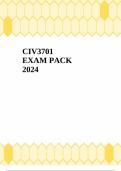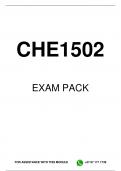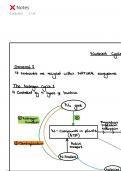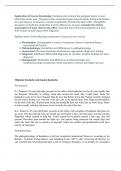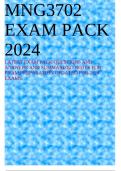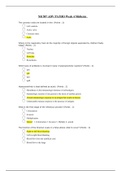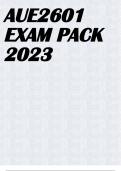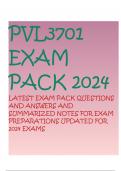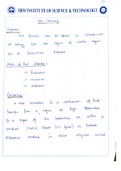Exam (elaborations)
CIV3701 EXAM PACK 2024
- Course
- CIV3701
- Institution
- University Of South Africa
CIV3701 EXAM PACK 2024...100% correct questions, answers, workings, and explanations...FOR ASSISTANCE WITH ASSIGNMENTS OR TO GET THE LATEST EXAM MATERIALS, KINDLY REACH OUT AT .
[Show more]
